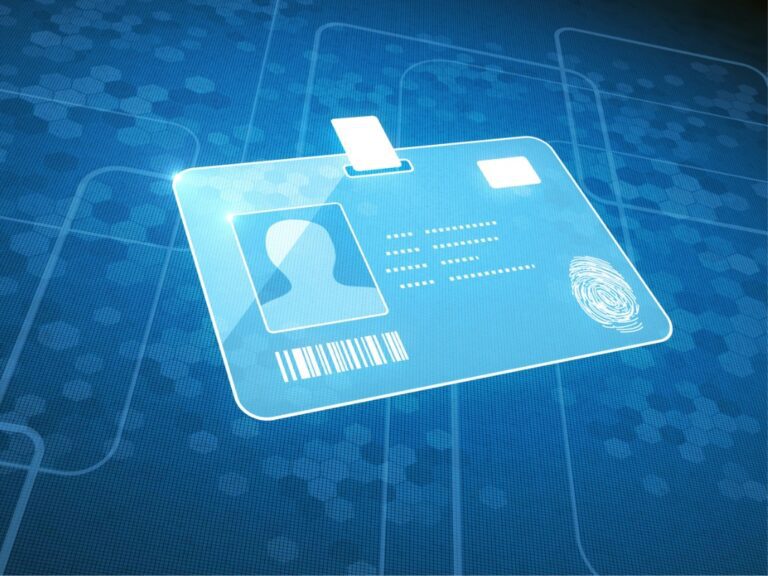Challenges and Implications for Decentralized Identity in Cybersecurity
February 26, 2024

In an interview with Help Net Security, Patrick Harding, Chief Architect at Ping Identity, explores the concept of decentralized identity (DCI) in cybersecurity. DCI redistributes identity management responsibilities among issuers, holders, and verifiers, granting individuals greater control over their personal information and enhancing privacy while mitigating fraud risks. However, challenges persist in user education and adapting to the new user experience paradigm.
DCI enables users to selectively disclose personal information by involving issuers (organizations creating verifiable digital credentials), holders (individuals managing their data), and verifiers (entities validating credentials). By releasing specific claims only when necessary, such as providing date of birth for age verification without revealing additional details, DCI enhances privacy and reduces fraud opportunities.
From a cybersecurity perspective, DCI shrinks the attack surface by decentralizing data storage and management, making it harder for cybercriminals to target centralized repositories. However, implementing DCI poses challenges for cybersecurity professionals, including evolving authentication methods in the face of AI advancements and ensuring interoperability between different organizations and wallets.
Standards and interoperability are crucial for DCI adoption, enabling seamless interaction between issuers, verifiers, and wallets, and aligning with regulatory frameworks like GDPR and CCPA by prioritizing user control and privacy.
DCI promises to improve security by reducing reliance on centralized data storage, thereby minimizing the risk of data breaches. However, organizations must remain vigilant against evolving threats and invest in robust security measures.
Educating users about the benefits and use of DCI presents a significant challenge due to its transformative nature and the need to clarify changes in the user experience. Organizations must communicate the advantages of DCI clearly and concisely while addressing user concerns and providing guidance on navigating the new identity verification processes.
Critical intelligence for general counsel
Stay on top of the latest news, solutions and best practices by reading Daily Updates from Today's General Counsel.
Daily Updates
Sign up for our free daily newsletter for the latest news and business legal developments.




